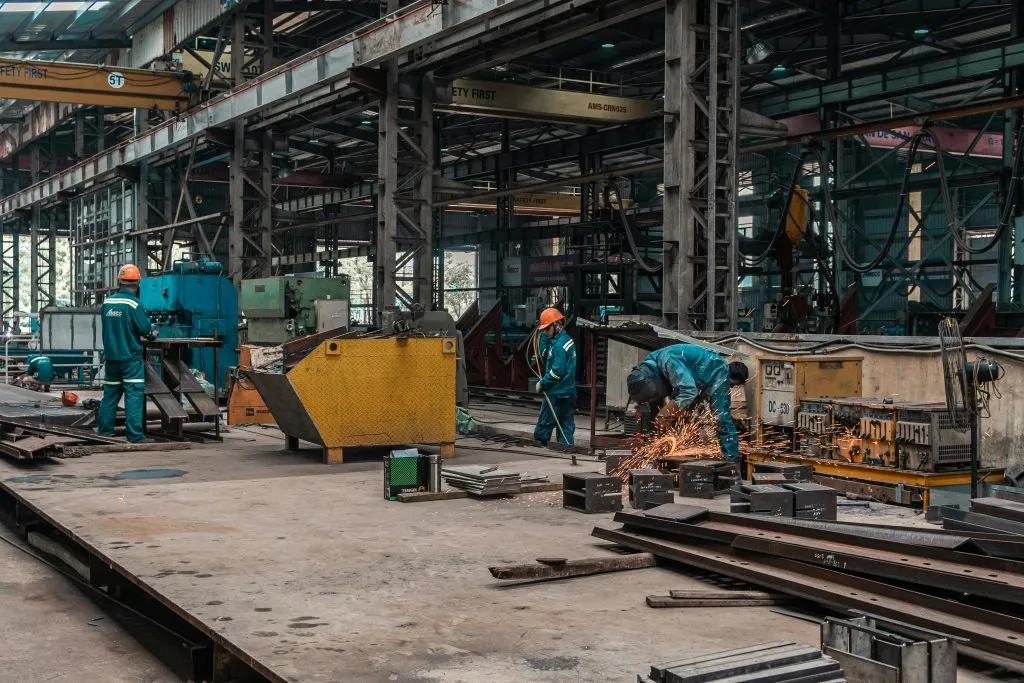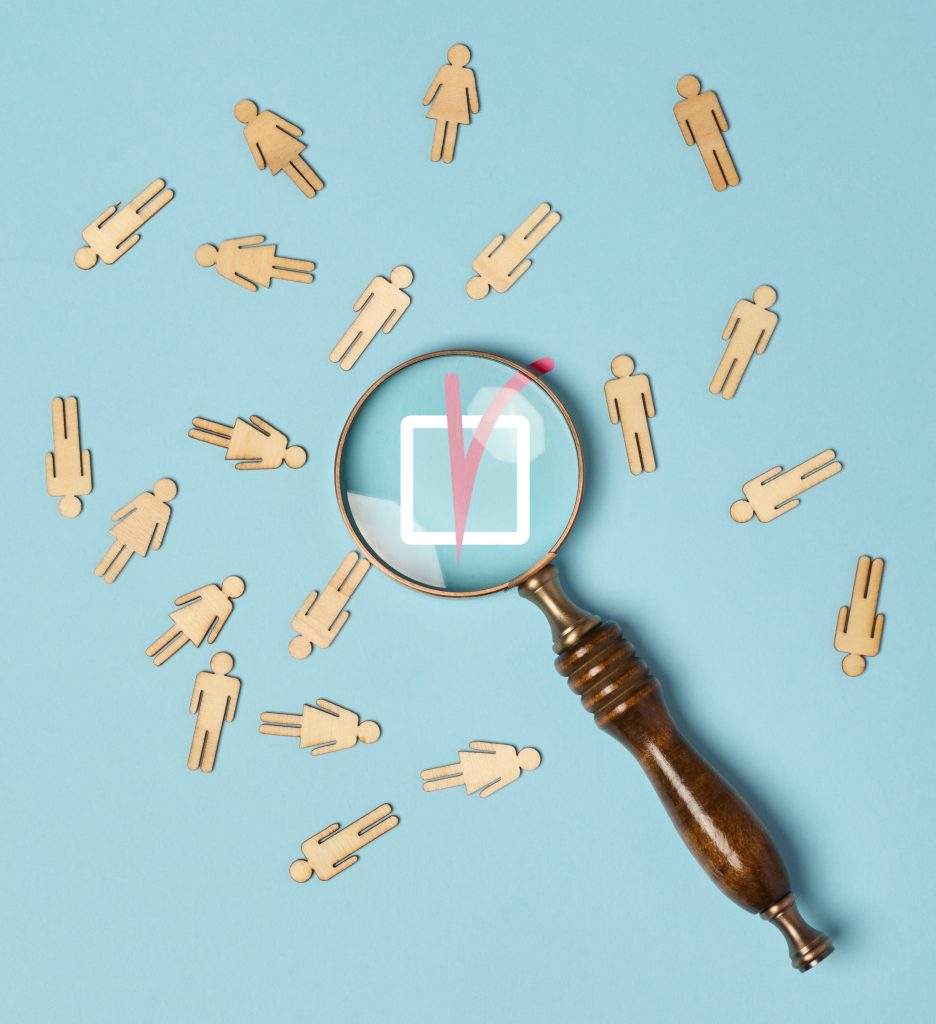The manufacturing industry is one of the most demanding sectors, characterized by a fast-paced, high-pressure environment.
Workers in this industry often face long hours, physically demanding tasks, and the need to operate heavy machinery, making safety a top priority.
The presence of drugs or alcohol in the bloodstream, even in small quantities, can significantly impair a worker’s ability to perform tasks safely.
Health checks, on the other hand, help identify physical or mental health issues that could compromise a worker’s safety.
Given these unique challenges, drug and health checks play an important role in maintaining a safe and productive workplace.
By implementing rigorous drug and health checks, you can proactively mitigate these risks.
The Impact of Substance Abuse in the Manufacturing Industry
Prevalence of Substance Abuse
Substance abuse is a significant issue in the manufacturing sector, with far-reaching consequences for both employees and employers.
According to a study by the National Safety Council, nearly 15.6% of manufacturing workers report using illicit drugs or misusing prescription medications.
This high prevalence underscores the need for vigilant drug and health checks in the manufacturing environment.
Several factors contribute to the elevated risk of substance abuse in this industry:
Long Shifts: Extended working hours can lead to fatigue, pushing some workers to misuse stimulants or other substances to stay alert.
High-Stress Environment: The pressure to meet production deadlines and maintain high-quality standards can drive employees to seek relief through drugs or alcohol.
Physical Demands: The physically taxing nature of many manufacturing jobs can lead to chronic pain, increasing the likelihood of prescription drug misuse.
Monotonous Tasks: Repetitive tasks can lead to boredom and dissatisfaction, which some employees may attempt to alleviate through substance use.
Workplace Culture: In some cases, workplace culture may inadvertently support or ignore substance use, particularly if management is unaware or lenient.
Consequences of Substance Abuse
The consequences of substance abuse in the manufacturing industry can be devastating, both in terms of human life and financial costs.
According to the Occupational Safety and Health Administration (OSHA), workers with substance use disorders are 2.7 times more likely to have workplace incidents.
Beyond the immediate costs associated with accidents, your company may face:
Legal Liabilities: If an accident occurs due to a worker being under the influence, your company could be held liable, leading to costly lawsuits and settlements.
Increased Insurance Premiums: If your company has a history of substance abuse-related incidents, your workers’ compensation and liability insurance premiums can rise substantially.
Reduced Productivity: Substance abuse often leads to absenteeism, poor job performance, and higher turnover rates, all of which contribute to decreased productivity.
Reputational Damage: Accidents or other incidents linked to substance abuse can harm your company’s reputation, making it harder to attract talent and secure contracts.
Employee Morale: Substance abuse can create a toxic work environment, lowering overall morale and leading to disengagement among employees.
Legal and Regulatory Framework
Federal and State Regulations
Navigating the legal landscape surrounding drug and health checks in the manufacturing industry can be complex, given the varying requirements at both the federal and state levels.
At the federal level, key regulations that you should comply with are from the Department of Transportation (DOT) and OSHA.
As a manufacturing company, you need to comply with both federal and state regulations. Non-compliance can result in hefty fines, legal challenges, and reputational damage.
Industry-Specific Guidelines
While federal and state regulations provide a legal framework, industry-specific guidelines offer more tailored recommendations for implementing drug and health checks in the manufacturing sector.
The Role of HR and Legal Departments
In the implementation and management of drug and health check programs, your company’s HR and legal departments play a critical role.
These departments are responsible for ensuring that your company’s policies not only comply with legal requirements but also align with best practices in the industry.
HR’s Role: The HR department is typically tasked with the day-to-day management of drug and health checks.
Legal Department’s Role: The legal department’s needs to ensure that your company’s drug and health check policies comply with all relevant laws and regulations.
Types of Drug Testing
Several drug testing methods are commonly used in the manufacturing industry, each with its pros and cons:
Urine Testing: The most common method, urine testing, detects a wide range of substances and is relatively inexpensive. However, it can only detect recent drug use, typically within the past few days.
Hair Testing: This method can detect drug use over a longer period, up to 90 days. It is more challenging to cheat but is also more expensive and less effective at detecting very recent drug use.
Saliva Testing: Saliva tests are non-invasive and easy to administer, making them ideal for on-site testing. They detect recent drug use but have a shorter detection window than urine or hair tests.
Blood Testing: Blood tests provide the most accurate results and can detect current impairment, making them useful in post-accident scenarios.
Breath Alcohol Testing: Specifically for alcohol detection, breath tests are quick and non-invasive.
Pros of Drug Testing
- Effective deterrent against drug use
- Protects against workplace accidents
- Supports a drug-free culture
- Offers legal protection in the event of an incident
- Can identify substance abuse issues early
Cons of Drug Testing
- Invasive and can raise privacy concerns
- Costly, especially with frequent or advanced testing
- Potential for false positives/negatives
- This may create distrust or resistance among employees
- Legal complexities, especially across different jurisdictions
Health Assessments
Regular health assessments are a cornerstone of a comprehensive health check program, particularly in a demanding environment like manufacturing.
Mental health evaluations are increasingly recognized as vital in a comprehensive health program.
Stress, anxiety, and depression can significantly impair judgment and focus, leading to mistakes that could be costly or even fatal in your manufacturing facilities.
By integrating mental health checks into regular health assessments, you can identify and address these issues before they escalate.
Challenges in Implementing Drug & Health Checks
Employee Privacy Concerns: One of the biggest challenges in implementing drug and health checks is balancing employee privacy with the need for workplace safety.
Cost Considerations: Implementing a comprehensive drug and health check program comes with significant costs, which can be a barrier for some companies.
Logistical Complexity: Coordinating testing across different shifts and locations can be challenging, particularly in large operations with diverse workforces.
Legal Compliance: Navigating the patchwork of federal, state, and local regulations requires legal expertise, which can add to the program’s costs.
Employee Resistance: Resistance from employees or unions can slow down the implementation process and require additional resources to address.
Potential for False Positives/Negatives: The accuracy of drug tests can be a concern, leading to potential legal disputes and additional costs for retesting or legal defense.
By carefully planning and budgeting for these challenges, companies can implement a program that is both effective and sustainable.
Conclusion
A comprehensive drug and health check program is essential for ensuring safety and productivity in your company.
Whether you’re starting from scratch or looking to enhance an existing program, consulting with a professional drug & health checks company can provide you with the expertise and support you need.
Why AMS Inform for Drug & Health Checks?
Given the vital role of thorough drug & health checks, many organizations choose to collaborate with AMS Inform. Established in 1986, AMS Inform has over 38 years of experience in the background verification industry.
We offer expertise not only in drug & health checks but also in digital ID Verification, educational verification, identity verification, and pre/post-employment verification. Our services also extend to credit checks, insurance claim investigations, and language translation.
Partnering with AMS Inform not only helps you save valuable time but also ensures that you remain compliant with all pertinent laws and regulations.
With a presence in over 160 countries and dedicated local teams in 16 of them, we are well-equipped to support your global operations.
As members of NASSCOM and PBSA, we are committed to safeguarding both the health and reputation of your business.
Reach out to our team today to discover personalized solutions tailored to your specific drug & health check needs.
















